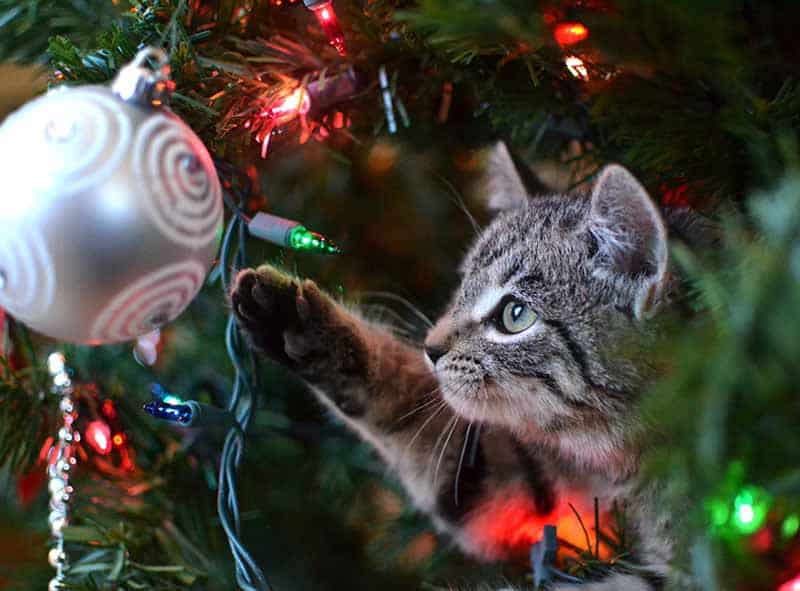Phone: (704) 334-4684
Address: 3832 Monroe Road, , Charlotte, NC 28205

Phone: (704) 334-4684
Address: 3832 Monroe Road, , Charlotte, NC 28205
